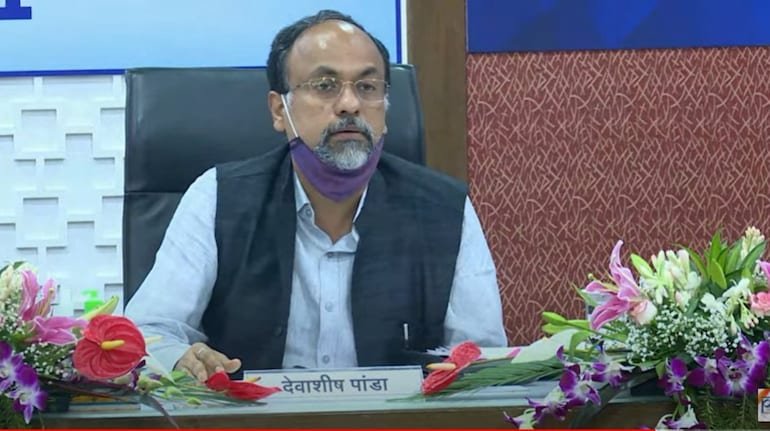The Insurance Regulatory and Development Authority of India (IRDAI) is working on a three-pronged approach to ensure “Insurance for All by 2047,” according to IRDAI Chairman Debasish Panda. Speaking at a CII event, Panda outlined the regulator’s focus on the availability, accessibility, and affordability of insurance in India. He highlighted the steps taken by IRDAI in the past year to enhance the penetration and density of life cover plans.
Panda mentioned that IRDAI is working with the life and general insurance councils to achieve a Unified Payments Interface (UPI)-like moment for the insurance sector. This is being proposed through the Bhima trinity, which includes Bhima Sugam, Bhima Vistar, and the woman-centric Bhima Vahak. These initiatives aim to simplify and streamline insurance processes and make them more accessible to the masses.
Panda emphasized that IRDAI is transitioning from a rule-based approach to a principle-based approach. He noted that the insurance sector offers immense investment opportunities given the size of the market and the low insurance penetration in the country.
In terms of reforms, Panda highlighted several initiatives undertaken by IRDAI in the past year. These include the introduction of a use and file system, reducing micro-management of expenses, eliminating prior approvals, and streamlining regulations. Over 70 regulations have been repealed, more than 1,000 circulars have been done away with, and 79 returns have been rationalized.
The reforms have facilitated ease of doing business, promoted healthy competition, and encouraged the use of technology in the insurance industry. Panda mentioned that IRDAI has increased the number of tie-ups between insurance companies and banks to address distribution challenges.
Panda described the Indian economy as being at an inflection point, with strong demographics, a large domestic market, and a robust stock market. He expressed optimism about India, which is drawing investors keen to establish a footprint in the insurance sector. He noted that technology adoption, including big data, artificial intelligence (AI), and machine learning (ML), is transforming the insurance landscape in the country. IRDAI is actively encouraging insurtech, regtech, and fintech to provide ease of insurance.
To enhance penetration and reach the last mile, Panda proposed the introduction of state-level insurance plans. These plans would identify the specific needs of each state and develop insurance products accordingly. By involving state governments as equal partners, the objective of achieving Insurance for All by 2047 can be realized.
Additionally, the government is considering amending the Insurance Act to allow entry for new players, such as micro, regional, captive, and specialized insurance companies. The amendment would also enable the granting of composite licenses to cater to different geographies and population segments. Panda highlighted the recommendation for a one-time registration or perpetual license for intermediaries or distributors, reducing the need for renewal every two years.
Overall, IRDAI’s efforts aim to make insurance more accessible, affordable, and widespread in India. By leveraging technology, embracing reforms, and involving state governments and new players, the regulator intends to achieve the goal of “Insurance for All” by 2047, coinciding with India’s centenary of independence.
